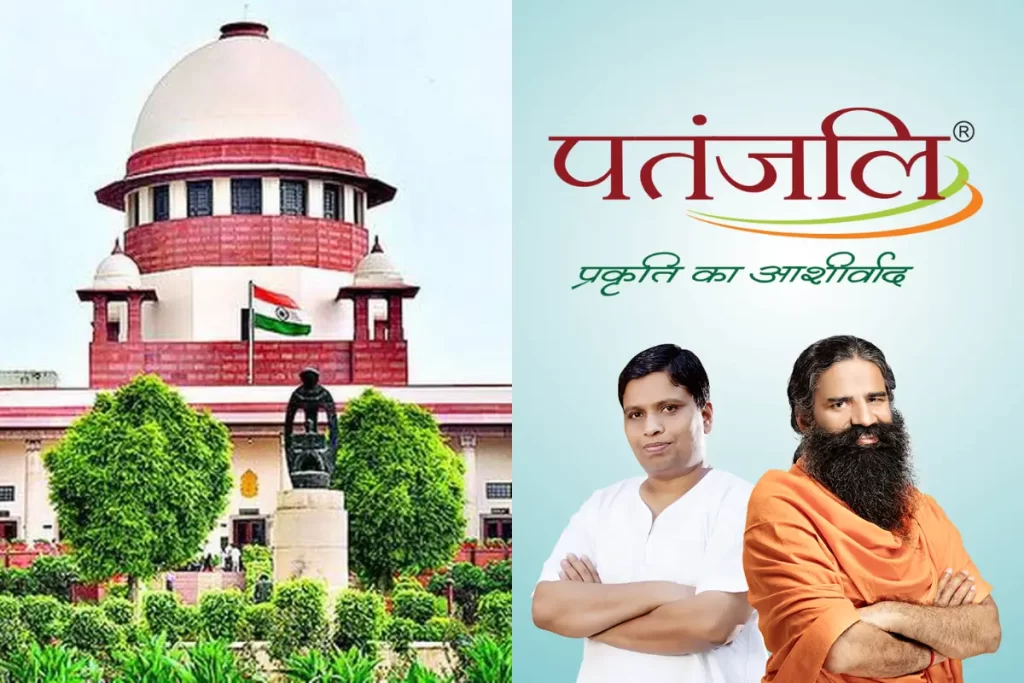In a significant legal development, the Delhi High Court has dismissed a petition filed by Patanjali Ayurved challenging a ₹273.5 crore Goods and Services Tax (GST) penalty imposed by the Directorate General of GST Intelligence (DGGI). The decision, delivered on June 3, 2025, marks a critical setback for the FMCG giant, as the court upheld the authority’s action citing non-compliance and procedural lapses under India’s GST framework.
Patanjali Ayurved, co-founded by yoga guru Baba Ramdev and Acharya Balkrishna, has been under the scanner for alleged tax evasion related to the misclassification of products and underreporting of taxable supplies. According to the DGGI, Patanjali wrongly claimed tax exemptions on several products which do not fall under the category of ayurvedic medicines or health supplements as defined under GST law.
The High Court, in its judgment, stated that the company failed to provide adequate documentation to support its classification claims. The bench led by Justice Rekha Palli noted that the GST framework is clear on the classification of taxable goods and services, and Patanjali’s reliance on ambiguous categorization lacked legal merit.
The ₹273.5 crore demand includes the principal tax amount along with interest and penalty for the financial years 2018-19 to 2021-22. Authorities stated that repeated show-cause notices were issued, but the company continued with its earlier billing practices without course correction.
Legal experts interpret this judgment as a stern message to businesses, particularly in the fast-moving consumer goods (FMCG) and ayurveda sectors, about the government’s strict approach to GST compliance. “This verdict reinforces the accountability expected from major corporates under the GST regime. It’s not just about tax payment, but about appropriate classification and transparency,” said Rajeev Bansal, a Delhi-based tax law practitioner.
Patanjali Ayurved, in its plea, argued that the penalty was excessive and that the authorities failed to consider the company’s contributions to the ayurvedic and natural products market. However, the court maintained that statutory compliance cannot be overlooked regardless of a company’s market standing or social influence.
This is not the first instance where Patanjali has faced regulatory pushback. The company has previously been flagged for misleading advertisements and quality control issues, drawing criticism from both health regulators and consumer rights bodies.
Conclusion:
The rejection of Patanjali Ayurved’s petition by the Delhi High Court underscores the judiciary’s zero-tolerance stance on GST violations and sets a precedent for future cases involving tax compliance. As India’s tax administration continues to digitize and tighten enforcement, companies—regardless of size or stature—are expected to align strictly with the provisions of the GST Act. For Patanjali, this legal blow may necessitate not just the payment of the hefty penalty but also a broader reassessment of its tax and regulatory strategies.



